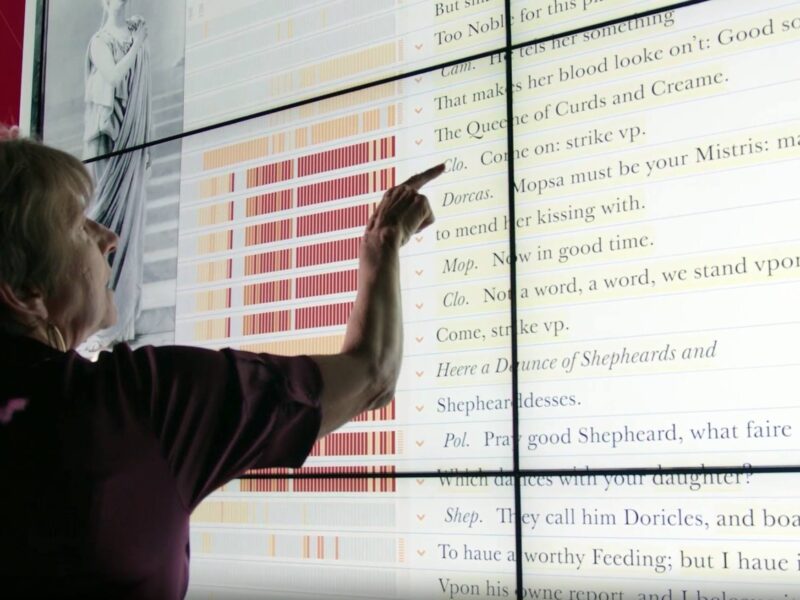5 Strategies To Counter Politicized COVID-19 Vaccine Hesitancy

The push to vaccinate Americans during the SARS-CoV-2 pandemic has been met with strong resistance in some areas of the country. From religious beliefs to fear of long-term side-effects, Americans have voiced a variety of reasons for their decisions to refuse vaccination against COVID-19.
Politics has played a large role in how likely Americans are to pursue vaccination. According to an April New York Times article, the willingness to receive a COVID-19 vaccine and actual vaccination rates were lower, on average, in counties where a majority of residents voted to re-elect former President Donald J. Trump in 2020.
The question, then, is how to navigate the political divide in an effort to encourage more conservatives to vaccinate, allowing the United States to move toward herd immunity and a possible end to the COVID-19 pandemic. Additionally, officials say it’s important to prevent political divides on COVID-19 from becoming ingrained, leading to greater resistance to all vaccination and outbreaks of other vaccine-preventable diseases, like measles and mumps.
In an article published recently in The Lancet, Timothy H. Callaghan*, assistant professor in the Department of Health Policy and Management at the Texas A&M University School of Public Health, and his colleagues suggest the following five short-term steps to prioritize health over politics:
- Diversify messengers
- Draw on broad expertise
- Invest in research
- Counter purveyors of misinformation
- Stop misinformation
Callaghan and his co-authors point out that public officials need to recognize that in their efforts to promote the COVID-19 vaccine, the messenger is as important as the message.
“We need to simultaneously use an array of trusted speakers and encourage Republican leaders to promote pro-vaccine messages,” Callaghan said.
COVID-19 vaccine hesitancy is not just a public health problem. Because of this, the researchers suggest that public officials should engage experts from the social, behavioral and communication sciences to create comprehensive strategies to address COVID-19 vaccine hesitancy.
Additionally, the researchers point out that because the politicization of vaccines has become such a major hurdle, more social and behavioral research is needed that specifically develops strategies to overcome politicized vaccine hesitancy.
Perhaps one of the biggest issues surrounding the COVID-19 vaccine has been misinformation. The authors point out that this needs to be addressed by policy makers and professional organizations. Callaghan and colleagues advocate examining available legal, regulatory and private sector options to reduce the impact of the well-financed organizations that are spreading misinformation.
The authors also suggest that conservative media outlets should stop amplifying falsehoods about the vaccine and advertisers should pull funding from programs and websites promoting misinformation. Social media platforms should also increase and enhance their efforts to track, disclose and stop the spread of misinformation.
“By addressing these five recommendations, we can help to reduce the role that politics is playing in COVID-19 vaccination decisions and be better prepared to prevent politicization of other health issues in the future,” Callaghan said.
* This link is no longer active and has been removed.
This article by Timothy Schnettler originally appeared on Vital Record.





